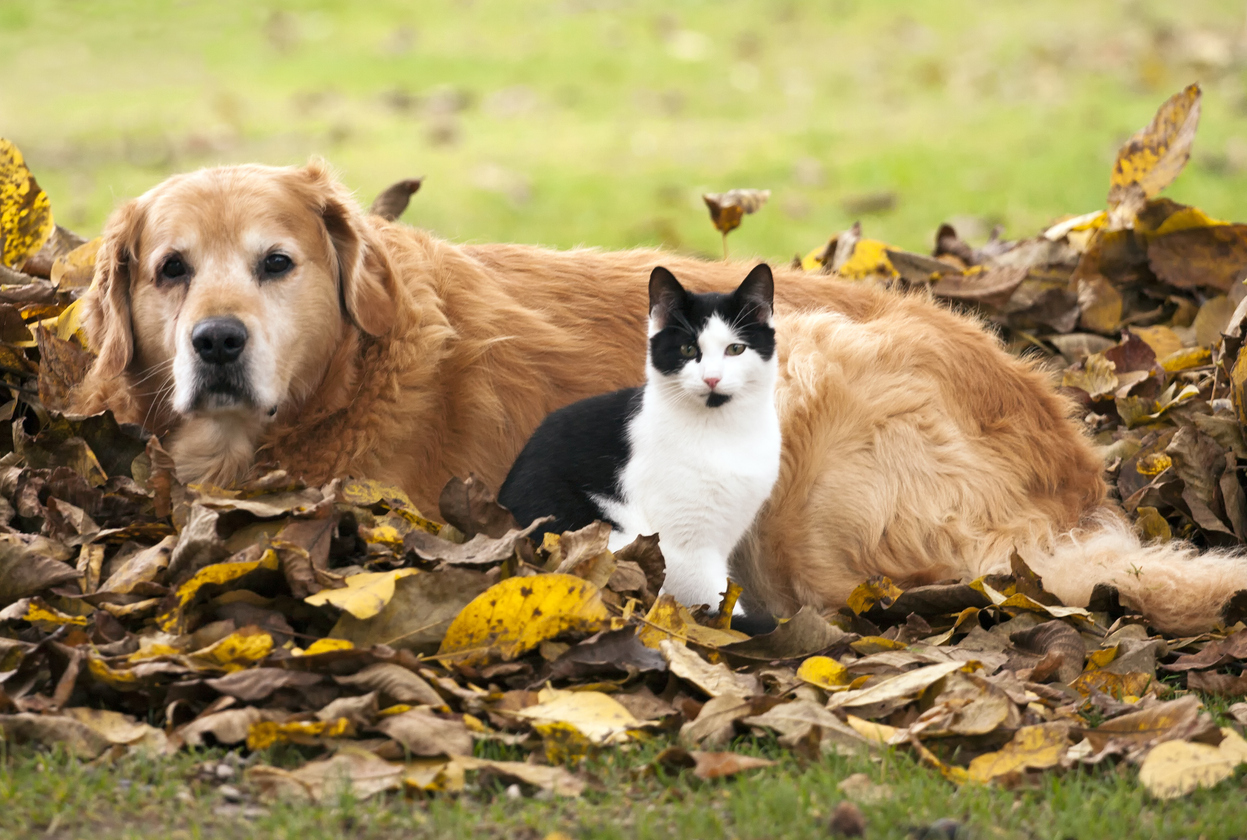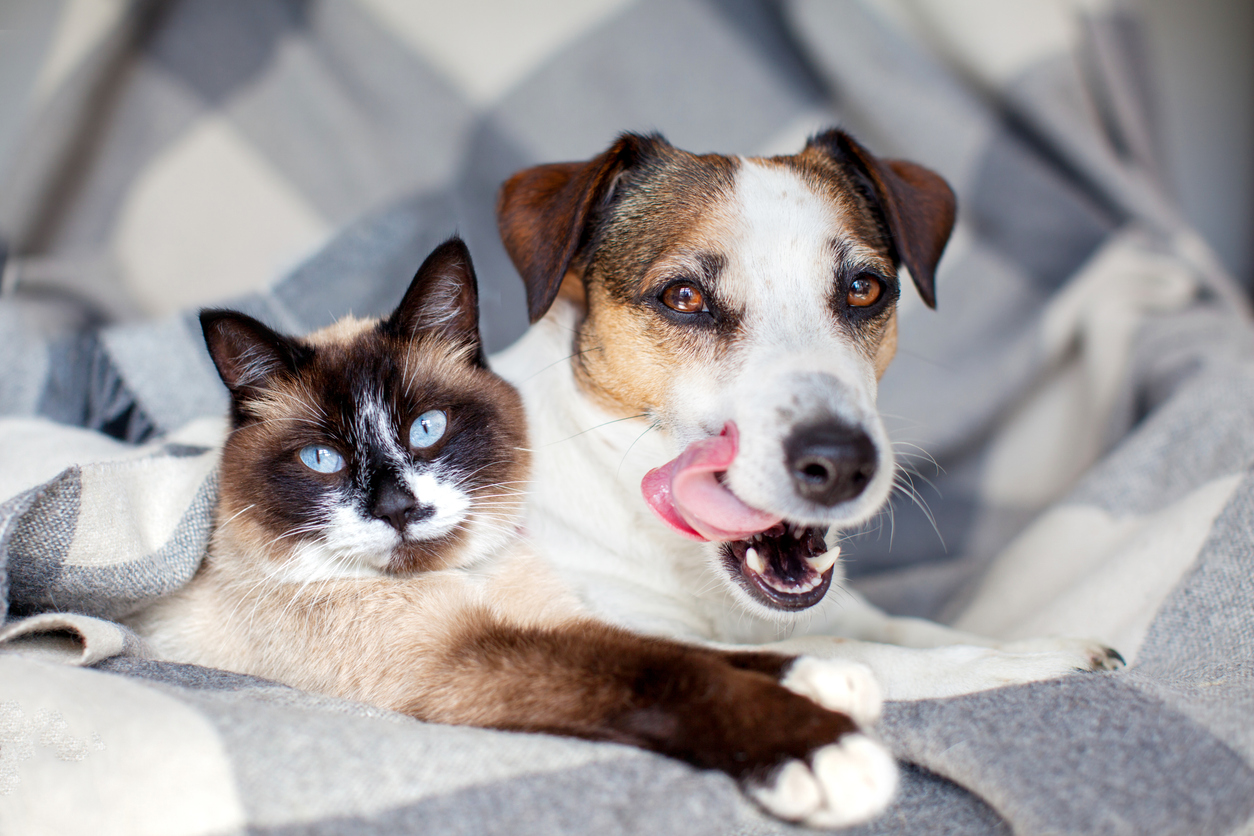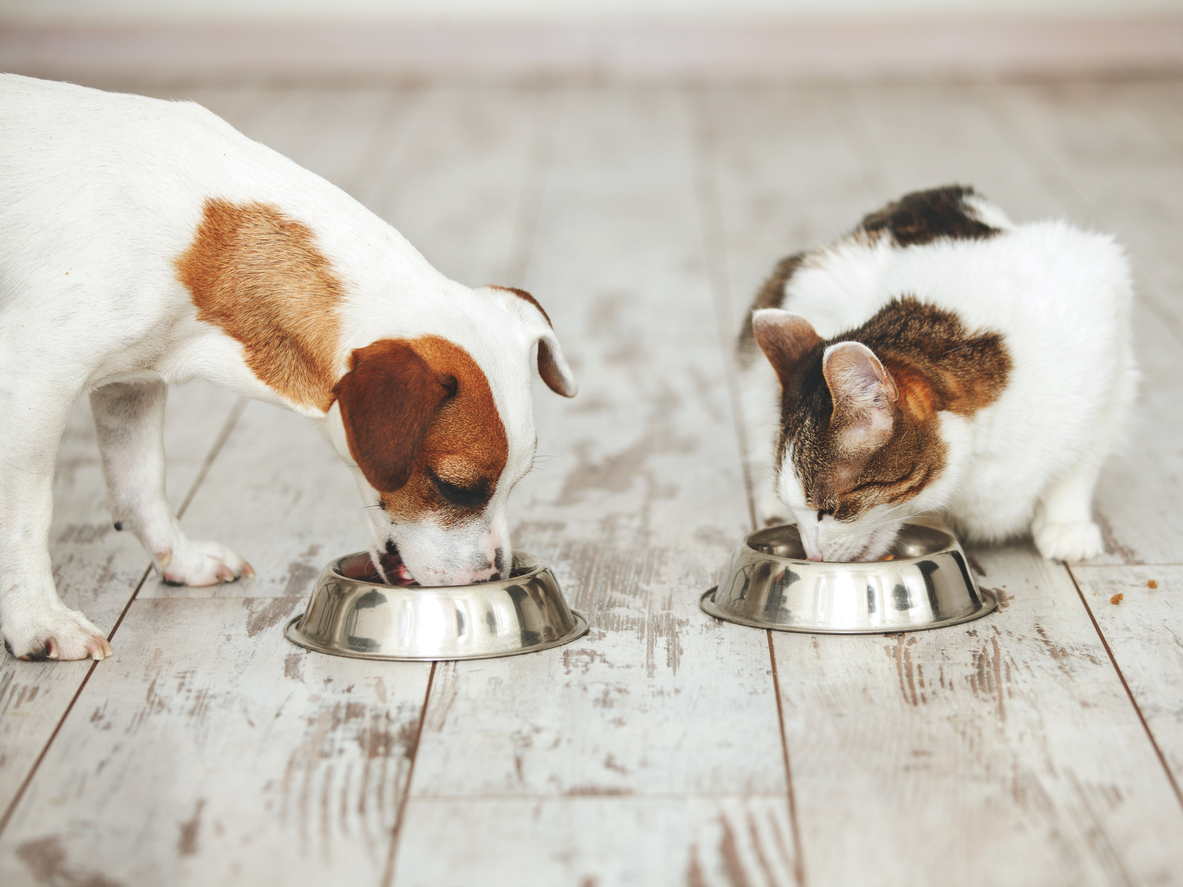Autumn in the Hudson Valley brings crisp air, falling leaves, and plenty of activity outdoors — a beautiful season, but one that also introduces new health and safety challenges for all pets, from dogs and cats to birds, reptiles, and small mammals. At All Animal Veterinary Services in Modena, NY, we believe in proactive care year-round. Here are some essential fall pet care tips to help your companion thrive this season.
Halloween Pet Safety Tips
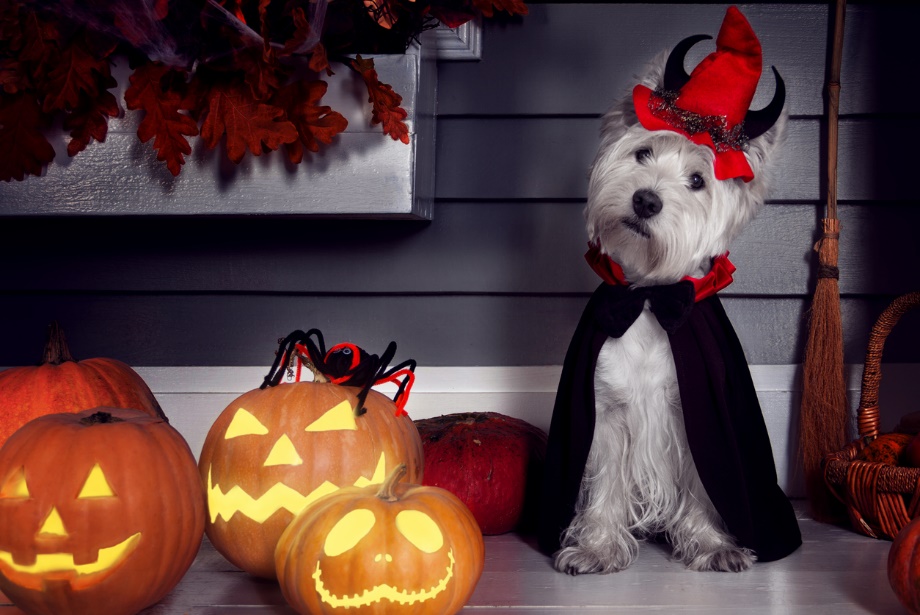
When October nights grow busy, extra precautions go a long way to keep dogs and cats safe on Halloween.
- Keep candy out of reach. Chocolate is toxic to all pets — dogs, cats, ferrets, rabbits, birds, rodents, and reptiles.
- Dogs: Just one ounce of dark chocolate can poison a 20-lb dog.
- Cats: As little as half an ounce of dark or baking chocolate may be dangerous for a 10-lb cat.
- Ferrets & Rabbits: Even tiny amounts can be fatal.
- Birds & Rodents: Extremely dangerous — even crumbs can cause seizures, heart problems, or death.
- Reptiles: Should never consume chocolate or any processed human foods.
No type of chocolate is safe, and the smaller the pet, the higher the risk.
- Watch out for xylitol. This sugar substitute is highly toxic.
- Dogs: Tiny amounts can cause life-threatening drops in blood sugar; larger doses may lead to liver failure, seizures, or death.
- Ferrets: React similarly to dogs — hypoglycemia and seizures are common.
- Rabbits: Known to cause severe illness; larger amounts may be fatal.
- Cats: Severe effects have not been confirmed, but xylitol has no safe use.
- Birds, Rodents, and Reptiles: Research is limited, but no safe dose has been established. Treat it as dangerous for all pets.
- Clean up candy messes quickly. Wrappers, sticks, and packaging can cause choking or dangerous blockages. Keep pets out of the room when kids are dumping or sorting candy.
- Choose costumes carefully. If you dress up your pet, make sure the costume does not restrict breathing, movement, or vision. Some pets may be happier without a costume.
- Check IDs and microchips. With doors opening and closing, pets can slip outside. Ensure collars and ID tags are secure and confirm that your pet’s microchip information is current. At All Animal Veterinary Services, we provide microchipping that is quick, safe, and relatively painless — often described as a slight pinch or brief pressure. A microchip increases the chance of being reunited with your pet if they are ever lost.
- Keep cats indoors. The costumes, noise, and excitement can stress cats and increase their risk of running out the door. Keeping them inside helps them stay calm and safe.
Pumpkin for Pets: Treat or Trouble?
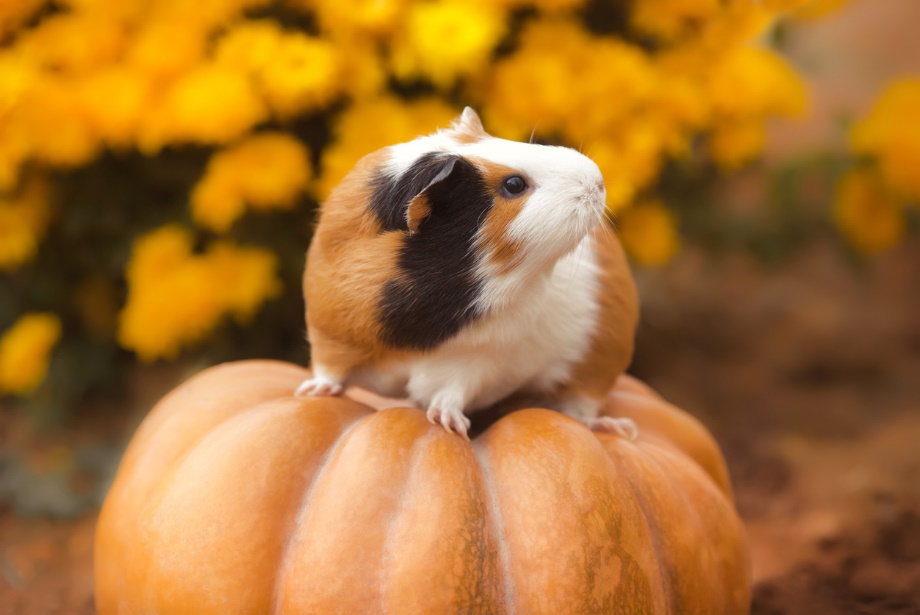
Pumpkin can be a healthy supplement — but only when used safely and in the right form. The only safe options are plain cooked pumpkin or plain canned pumpkin with no sugar, spices, or additives. Never feed pumpkin pie filling or flavored pumpkin products.
- Dogs: A teaspoon or two per day is a reasonable amount for small to medium dogs. Larger dogs may have up to a tablespoon or two but always introduce it gradually.
- Cats: Limit to no more than ½ teaspoon per day mixed into food.
- Rabbits & Guinea Pigs: Offer sparingly — no more than a teaspoon once or twice a week, since the natural sugars can upset digestion.
- Birds: Parrots, parakeets, cockatiels, conures, and similar companion birds can enjoy small pieces of plain pumpkin flesh or seeds (unsalted and unseasoned) as a treat. Not all bird species tolerate pumpkin the same way, so start with a tiny amount and check with your veterinarian before making it part of their diet.
- Reptiles: Omnivorous reptiles like bearded dragons can occasionally have pumpkins, but it should never replace their staple greens and vegetables. Carnivorous reptiles (such as snakes) should not be given pumpkin at all.
- Ferrets:Should not be given pumpkin, as their digestive systems aren’t designed for fiber.
Pumpkin is high in fiber and low in calories, which can help curb appetite and support digestion. This also ties into October’s designation as National Pet Obesity Awareness Month — a great reminder to check your pet’s weight and diet.
Fall Toxins to Watch For
With moisture and decaying plant matter, fall invites hazards like mushrooms. Many wild mushrooms are poisonous to animals, and it’s nearly impossible to tell the difference between harmless and lethal types.
Other risks include corn cobs and pumpkin or squash hulls, which are choking or blockage hazards; moldy leaves and compost piles, which may harbor harmful bacteria or toxins; and rodent pellets or slug bait left in gardens. When your pet roams outdoors in Modena’s woody or yard spaces, supervise carefully or keep them on a leash.
Allergies That Linger
Fall allergens like ragweed pollen, mold spores in damp leaf piles, and house dust stirred up by closing windows can trigger symptoms in pets. Watch for scratching, sneezing, paw licking, or unusual skin irritation. If you notice these signs, contact us at All Animal Veterinary Services. We can examine your pet, rule out other causes, and recommend treatments to keep them comfortable throughout the season.
Parasite Prevention Year-Round
Do not assume fall weather brings relief — fleas, ticks, and mosquitoes remain active well into fall in New York. Tick-carrying diseases and heartworm are still risks until hard frost. Keep pets on year-round parasite prevention and regularly check skin and ears. For more about fleas, ticks, and mosquitoes, please visit our website blogs:
Enriching Fall Activity
Cooler weather is ideal for walks, hikes, and outdoor play. For exotic pets, birds benefit from outdoor time in a secure enclosure or on covered flights, reptiles enjoy regulated basking when temperatures permit, and small mammals love supervised foraging in safe, enclosed spaces with leaf toys.
October is also Adopt-A-Shelter Dog Month — a wonderful opportunity for animal lovers to consider adoption or fostering.
Keep Your Pets Thriving This Fall
Autumn is a smart time to book a wellness exam before holiday chaos and when pet health shifts with the season. At All Animal Veterinary Services, we can evaluate body condition, update vaccines and parasite prevention, screen for seasonal allergies, and review diet, environment, and behavior.
As the leaves turn and the air cools, a little autumn care helps pets thrive — whether they have fur, feathers, or scales. Use these fall pet care tips to keep your animal safe, healthy, and happy. Reach out to us at All Animal Veterinary Services in Modena, NY, to schedule your pet’s fall check-up.
All Animal Veterinary Services
2264 Route 32
Modena, NY
Call us to schedule a wellness exam or consultation.

